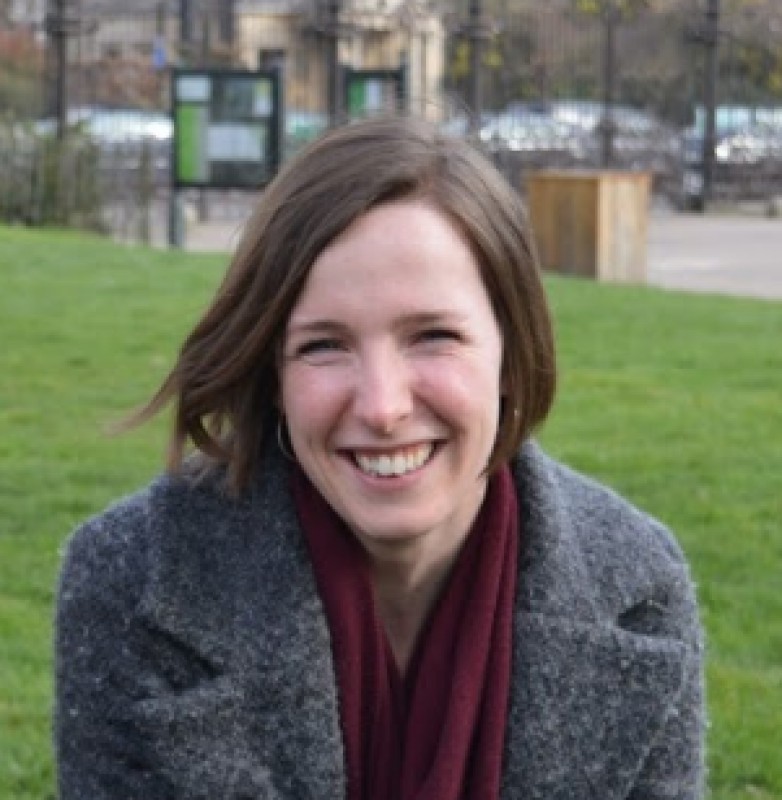KLI Colloquia are invited research talks of about an hour followed by 30 min discussion. The talks are held in English, open to the public, and offered in hybrid format.
Fall-Winter 2025-2026 KLI Colloquium Series
Join Zoom Meeting
https://us02web.zoom.us/j/5881861923?omn=85945744831
Meeting ID: 588 186 1923
25 Sept 2025 (Thurs) 3-4:30 PM CET
A Dynamic Canvas Model of Butterfly and Moth Color Patterns
Richard Gawne (Nevada State Museum)
14 Oct 2025 (Tues) 3-4:30 PM CET
Vienna, the Laboratory of Modernity
Richard Cockett (The Economist)
23 Oct 2025 (Thurs) 3-4:30 PM CET
How Darwinian is Darwinian Enough? The Case of Evolution and the Origins of Life
Ludo Schoenmakers (KLI)
6 Nov (Thurs) 3-4:30 PM CET
Common Knowledge Considered as Cause and Effect of Behavioral Modernity
Ronald Planer (University of Wollongong)
20 Nov (Thurs) 3-4:30 PM CET
Rates of Evolution, Time Scaling, and the Decoupling of Micro- and Macroevolution
Thomas Hansen (University of Oslo)
RESCHEDULED: 18 Dec (Thurs) 3-4:30 PM CET
Chance, Necessity, and the Evolution of Evolvability
Cristina Villegas (KLI)
8 Jan 2026 (Thurs) 3-4:30 PM CET
Embodied Rationality: Normative and Evolutionary Foundations
Enrico Petracca (KLI)
15 Jan 2026 (Thurs) 3-4:30 PM CET
On Experimental Models of Developmental Plasticity and Evolutionary Novelty
Patricia Beldade (Lisbon University)
29 Jan 2026 (Thurs) 3-4:30 PM CET
Jan Baedke (Ruhr University Bochum)
Event Details

Topic description / abstract:
My research focuses on understanding ‘major evolutionary transitions’, events in the history of life that have resulted in large increases in biological complexity. Classic examples include the evolution of the eukaryotic cell, multicellular organisms and superorganismal societies. Despite seeming very different, all major evolutionary transitions are united by similar underlying evolutionary forces favouring high levels of cooperation between genes, cells or organisms leading to the evolution of new ‘higher level’ individuals. I use a combination of experimental and comparative techniques to ask questions about how and why major evolutionary transitions occur. In my current position, I am investigating the role of division of labour in the evolution of multicellular complexity using baker's yeast as a model system.
Biographical note:
I was awarded my BA in Biological Sciences from Oxford University in 2010, where I then continued onto my DPhil between 2012-2015 under the supervision of Prof. Stu West. My DPhil focused on understanding the factors favouring major evolutionary transitions, and particularly multicellularity, using a combination of experimental and comparative methods. After my DPhil, I moved to Amsterdam to work with Prof. Toby Kiers at Vrije Universiteit, where I worked on the evolution of symbiosis. In 2017, I was awarded a Distinguished Post-doctoral Fellowship from the Carlsberg Foundation, to work with Prof. Koos Boomsma at the University of Copenhagen. In my current position in Copenhagen, I am using baker's yeast as a model system to understand multicellular evolution and continuing using comparative methods to investigate major evolutionary transitions more broadly.


